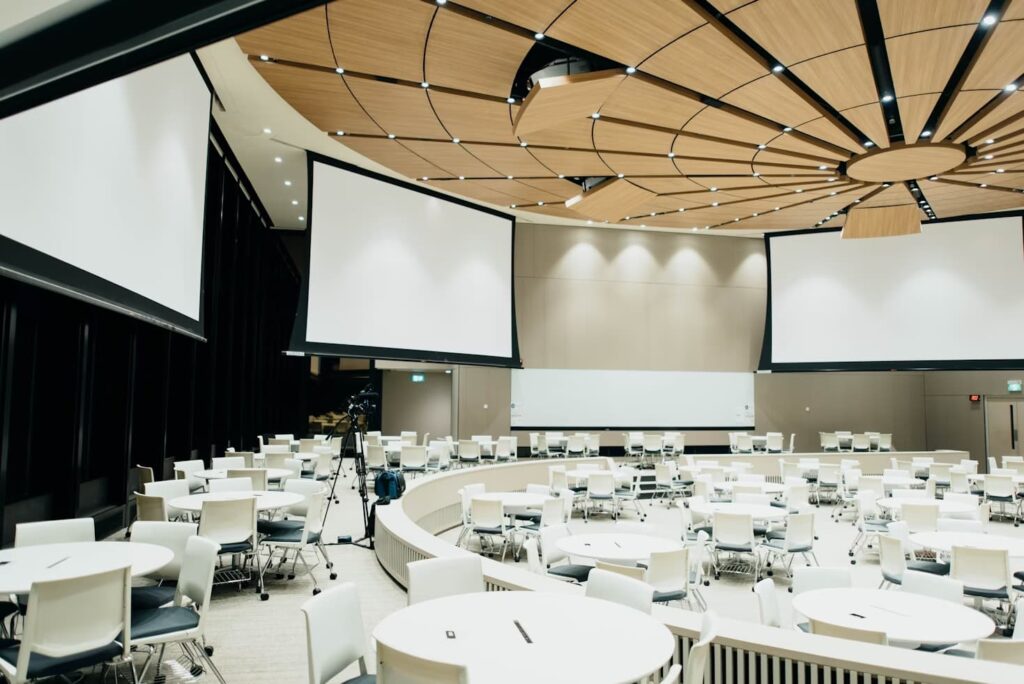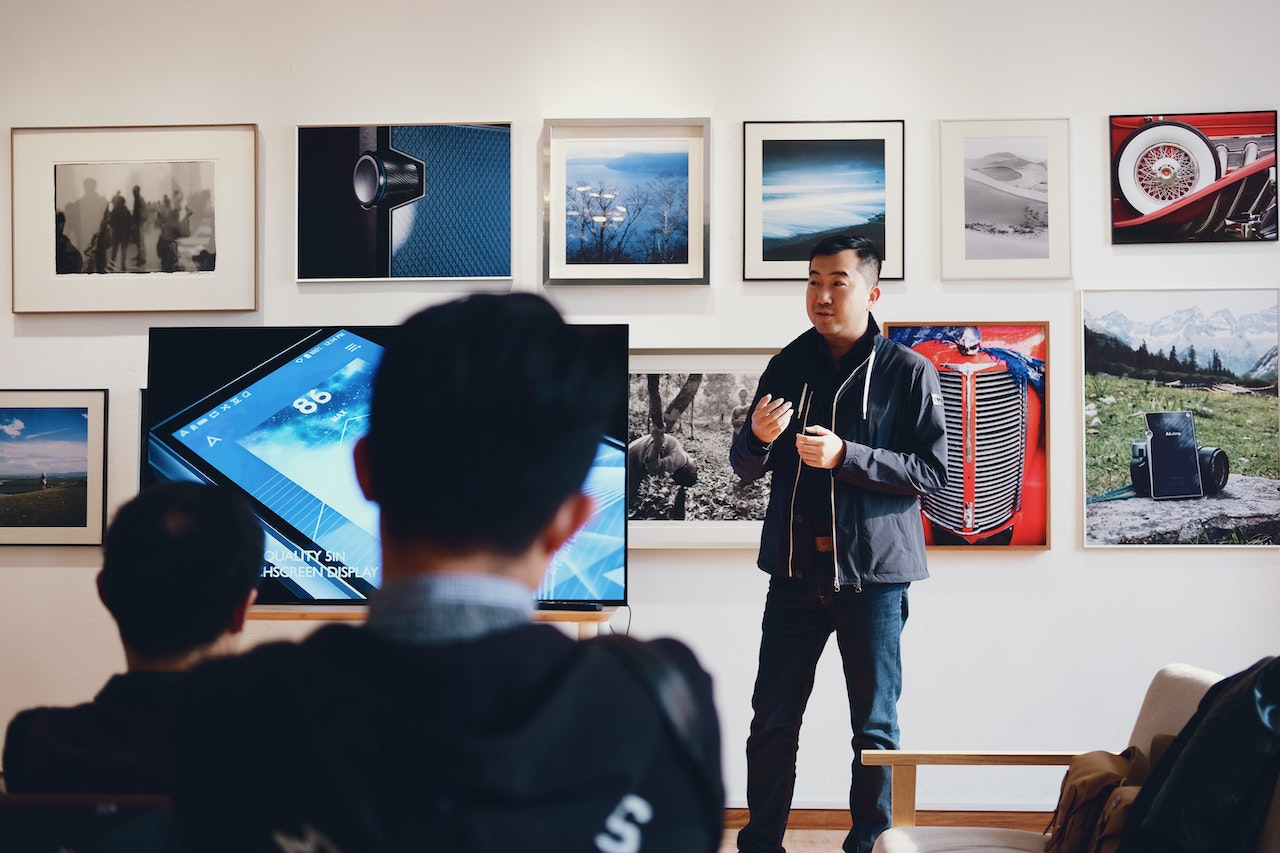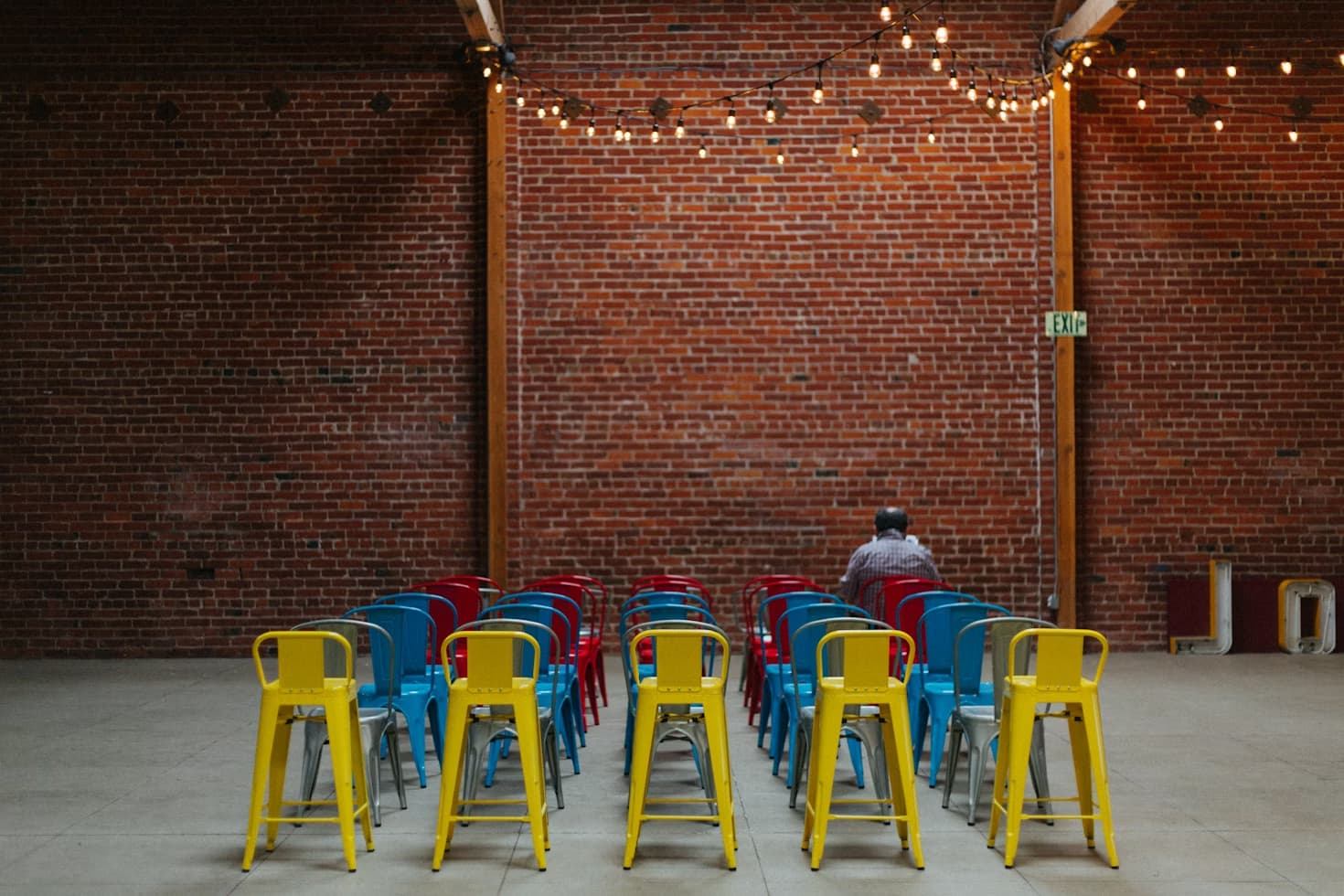In the world of event planning, standing out is crucial. With so many events taking place each day, a distinctive style can make the difference between an unforgettable experience and one that blends into the background. Event organization is as much about creativity and innovation as it is about logistics. Developing a unique style not only attracts clients but also helps build a brand that people recognize and trust. Crafting this distinctive approach requires a blend of self-awareness, creativity, and attention to detail. Here’s how to cultivate your unique style in event organization.
Understand Your Strengths and Interests
To create a style that feels authentic, start by understanding your own strengths, passions, and interests. What aspects of event planning do you enjoy the most? Are you drawn to the visual components like design and decor, or do you excel in logistics and management? Knowing what drives you helps to shape the kind of events you create.
For example, if you have a flair for aesthetics and design, your events may be recognized for their cutting-edge decor or innovative use of spaces. If you excel in organization and logistics, your unique style might lean more towards creating highly efficient and seamless experiences where every detail is accounted for. Identifying your strengths will help guide the elements you choose to emphasize in your events.
Your personal interests outside of event planning can also influence your style. If you have a passion for music, your events could be known for their high-quality sound experiences or creative musical choices. If you love nature, you might develop a niche for outdoor or eco-friendly events. By aligning your work with what you genuinely enjoy, you’re more likely to produce distinctive and memorable results.
Research Industry Trends Then Break Them
Staying up-to-date with industry trends is important for any event organizer. It helps you understand what clients expect and what other planners are offering. However, developing a unique style means knowing how to innovate beyond those trends. Instead of simply following what’s popular, use trends as a foundation and then add your own twist.
For instance, if rustic weddings are in vogue, think about how you can take that trend and make it your own. Perhaps instead of using traditional rustic elements, you could incorporate unexpected materials or combine rustic with another style, such as industrial or minimalist. The key is to not be confined by trends but to interpret them through your own creative lens.
It’s also helpful to draw inspiration from fields outside of event planning. Fashion, art, architecture, and even tech can offer fresh perspectives. Bringing in elements from other industries can set your events apart and contribute to the development of a style that feels fresh and unexpected. Being a trendsetter rather than a follower helps define your brand in a unique way.

Define Your Signature Elements
One of the most effective ways to build a recognizable style is by incorporating signature elements into your events. These are consistent features or touches that reflect your brand and make your events feel cohesive. They could be as small as a particular color scheme or as large as a specific way you design space.
Take time to consider what kind of recurring elements can be woven into each of your events. It might be a specific approach to lighting, a way of arranging seating, or even a unique way you design invitations or event programs. The important thing is that these elements are consistently recognizable as your own. For example, an event planner known for stunning flower arrangements could become synonymous with elaborate floral displays that always make a statement.
Signature elements don’t have to be over-the-top; subtle, well-considered touches can also leave a lasting impression. Perhaps you’re known for intimate, thoughtful event details that make attendees feel special, such as personalized place settings or handwritten notes. Whatever your signature touch is, it should reflect your strengths and be incorporated into every event in a way that feels both intentional and unique.
Weave a Compelling Narrative into Your Events
Each event inherently tells a story, and as the organizer, you are the one crafting that narrative. The way you construct and convey this story is central to establishing your unique style. Start by grasping the core essence of the event you’re planning, whether it’s a corporate seminar, a wedding celebration, or a charity gala. Every event has its own narrative and purpose.
Your distinctive style will emerge through the way you translate this story into the event’s design, structure, and overall atmosphere. For example, a wedding can narrate the couple’s shared journey through bespoke decorations, curated playlists, or imaginative seating arrangements that capture their essence. Similarly, a corporate event could reflect a company’s evolution through its design, messaging, and interactive features.
Effective storytelling in event planning involves focusing on the emotions, themes, and experiences you wish to evoke. Consider how each element—from the invitations to the farewell gifts—can contribute to the narrative in a way that feels authentically yours.
Cultivate a Distinct Visual Aesthetic
A strong visual identity is essential to any unique event planning style. When people attend your events, they should immediately recognize the look and feel as something that’s connected to your work. Building a distinct visual aesthetic is about more than just picking a color palette or choosing trendy decorations. It’s about creating a cohesive, harmonious environment that consistently represents your brand.
Start by defining the mood and atmosphere you want to evoke at your events. Are your events luxurious and high-end, minimalist and sleek, or perhaps bohemian and artistic? Every decision, from furniture choices to lighting, should reinforce that vision.
Consistency in visual style helps clients and guests associate specific looks with your work. One approach is to establish a design philosophy or set of guidelines that govern your event designs. For example, you might always use a specific type of lighting, incorporate a signature color in every event, or have a particular approach to spatial arrangement.
Having a distinct visual aesthetic not only sets your work apart but also helps potential clients identify and connect with your brand.

Be Bold and Take Creative Risks
While it’s important to deliver on client expectations, event organizers with a unique style aren’t afraid to take risks. Being bold in your choices, whether it’s with design, entertainment, or event flow, sets you apart from others who may play it safe.
Taking risks doesn’t mean disregarding the client’s wishes or the practicalities of event planning. Rather, it’s about introducing unexpected elements that delight and surprise attendees. For example, rather than hosting a standard cocktail hour, you might offer interactive food stations or immersive entertainment that engages guests in new ways.
Creative risks can also manifest in how you use event spaces. Instead of using traditional layouts, experiment with non-conventional seating arrangements or unexpected event venues, such as warehouses, art galleries, or outdoor settings. The goal is to push boundaries in ways that elevate the event while staying true to your creative vision.
Clients are often drawn to event planners who aren’t afraid to break from the norm. Being known for daring, original ideas will help you build a reputation for delivering experiences that feel fresh and distinctive.
Be Attentive to Personalization
In the era of mass customization, personalization is a key factor in making any event memorable. A unique style in event organization involves knowing how to tailor every aspect of the event to suit the preferences of the client and their guests.
One way to make your events stand out is by offering highly personalized touches that reflect the client’s unique vision and values. Whether it’s custom menus that cater to guests’ tastes, personalized welcome gifts, or interactive elements that allow guests to engage with the event in a meaningful way, these thoughtful details can set you apart.
Developing a reputation for personalization means you are committed to understanding each client’s desires and tailoring your services accordingly. Clients will appreciate the extra effort you put into crafting bespoke experiences that go beyond cookie-cutter solutions, which in turn enhances your unique style as an event organizer.
Craft an Unforgettable Guest Experience
The true measure of your style as an event organizer lies in the guest experience you deliver. It’s not just about the visual aesthetics; it’s about the overall ambiance and the enduring impression your event leaves behind. To ensure your events stand out, focus on enhancing every aspect of the guest journey, from the first invitation to the final goodbye.
Think about how you can continually impress and engage your guests at every interaction. This could involve offering surprise entertainment, creating immersive settings, or adding personal touches that make each guest feel special and appreciated.




